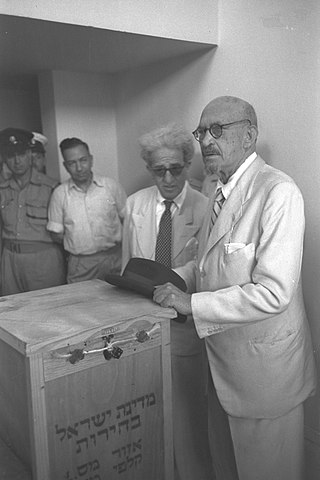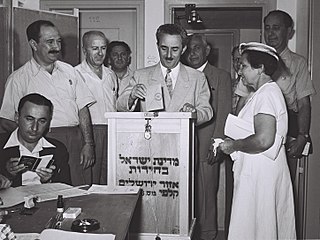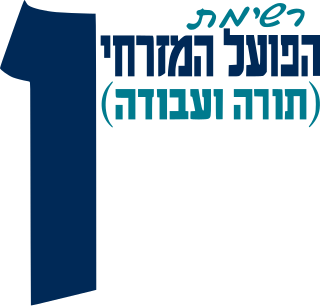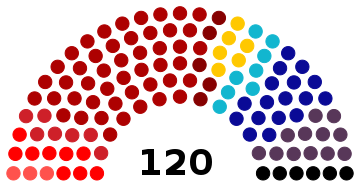Mapai was a democratic socialist political party in Israel, and was the dominant force in Israeli politics until its merger into the modern-day Israeli Labor Party in 1968. During Mapai's time in office, a wide range of progressive reforms were carried out, as characterised by the establishment of a welfare state, providing minimum income, security, and free access to housing subsidies and health and social services.

Herut was the major conservative nationalist political party in Israel from 1948 until its formal merger into Likud in 1988. It was an adherent of Revisionist Zionism.
Rafi was a center-left political party in Israel, founded by former Prime Minister, David Ben-Gurion in 1965. In 1968 it was one of three parties that merged to form the Israeli Labor Party.
The Progressive Party was a liberal political party in Israel.

Elections for the second Knesset were held in Israel on 30 July 1951. Voter turnout was 75.1%.

Elections for the third Knesset were held in Israel on 26 July 1955. Voter turnout was 82.8%.

Hapoel HaMizrachi was a political party and settlement movement in Israel. It was one of the predecessors of the National Religious Party and the Jewish Home.
Mizrachi was a political party in Israel, and is one of the ancestors of the modern-day Jewish Home Party.
Progress and Work was an Arab satellite list in Israel.
Agriculture and Development was an Arab satellite list in Israel.
Elections for the fifth Knesset were held in Israel on 15 August 1961. Voter turnout was 81.6%.
Progress and Development was an Arab satellite list in Israel.
Cooperation and Brotherhood was an Arab satellite list in Israel.
Elections for the sixth Knesset were held in Israel on 2 November 1965. Voter turnout was 85.9%.

The eighth government of Israel was formed by David Ben-Gurion on 7 January 1958, and was the second government of the third Knesset. Ben-Gurion kept the same coalition partners as during the previous government, i.e. Mapai, the National Religious Party, Mapam, Ahdut HaAvoda, the Progressive Party, the Democratic List for Israeli Arabs, Progress and Work and Agriculture and Development. The only change to the cabinet was the addition of Shlomo-Yisrael Ben-Meir as a Deputy Minister.

The ninth government of Israel was formed by David Ben-Gurion on 17 December 1959 following the November 1959 elections. Ben-Gurion largely kept the same coalition partners as during the previous government, and added the new Israeli Arab parties Progress and Development and Cooperation and Brotherhood.

The tenth government of Israel was formed on 2 November 1961 following the August elections. Although David Ben-Gurion was appointed Prime Minister, the government was actually formed by Minister of Finance Levi Eshkol. On 7 September Ben-Gurion had told President Yitzhak Ben-Zvi that he was unable to form a government; on 14 September Ben-Zvi asked Eshkol to form a government, with Eshkol subsequently announcing that he would do so with Ben-Gurion as PM. It turned out to be the last government led by Ben-Gurion.

Mapam was a left-wing political party in Israel. The party is one of the ancestors of the modern-day Meretz party.

Ahdut HaAvoda was the name used by a series of political parties. Ahdut HaAvoda in its first incarnation was led by David Ben-Gurion. It was first established during the period of British Mandate and later became part of the Israeli political establishment. It was one of the forerunners of the modern-day Israeli Labor Party.








